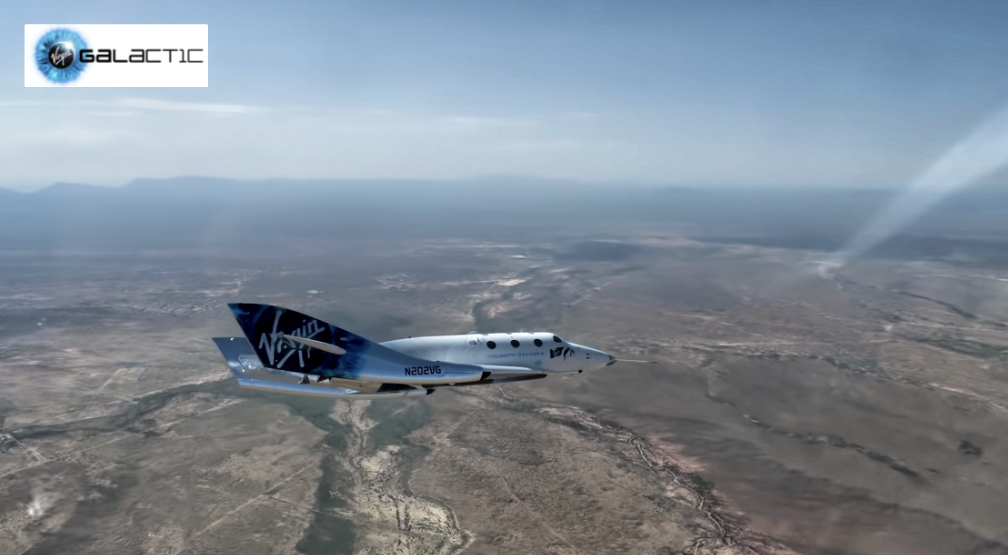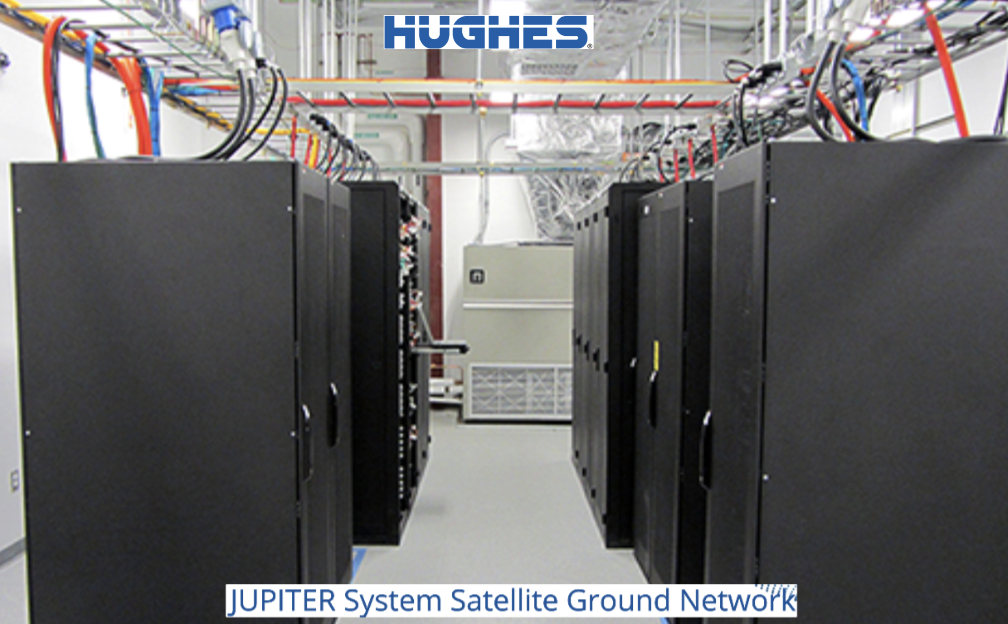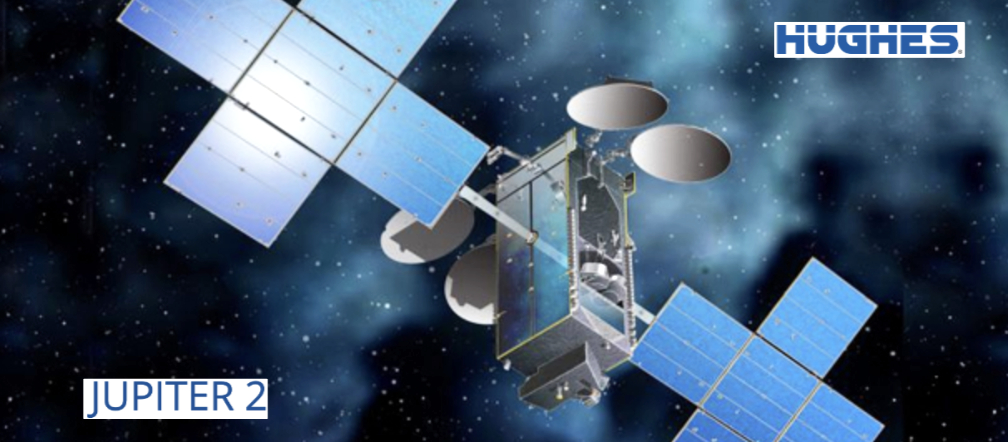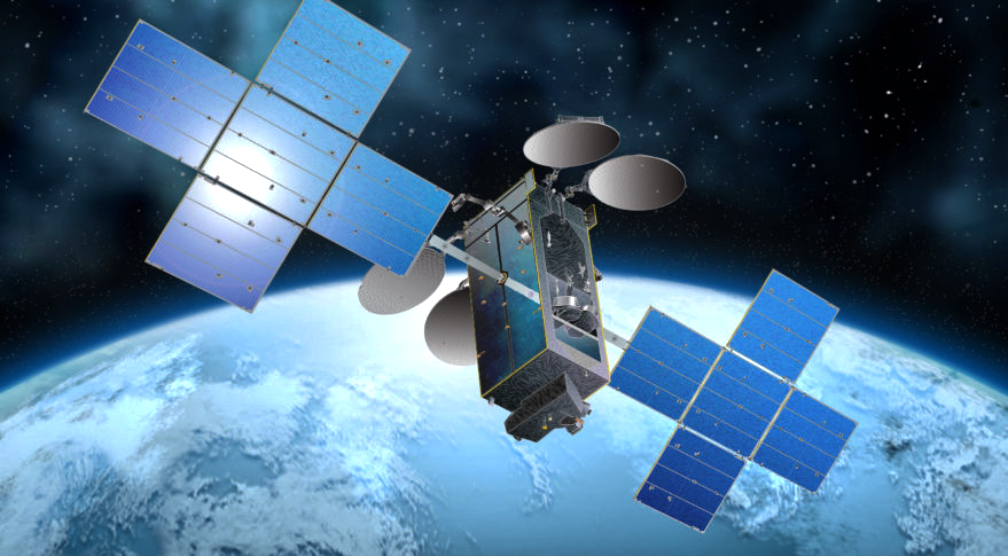
The Federal Aviation Authority (FAA) has firmly told Virgin Galactic that its SpaceShipTwo Boeing ‘Cosmic Girl’ and sub-orbital rocket flights are grounded. The FAA is investigating why the SpaceShipTwo rocket departed from its planned – and authorized – flight path.

“Virgin Galactic may not return the SpaceShipTwo vehicle to flight until the FAA approves the final mishap investigation report or determines the issues related to the mishap do not affect public safety,” the FAA stated, adding that the flight might not have been able to land safely.
Virgin’s Sir Richard Branson was on the July 11th flight. Virgin Galactic in its statement said the rocket was affected by high winds at the very high attitudes achieved and that any departure from the official flight path lasted just 101 seconds.
Ahead of the FAA ruling, Virgin had planned a flight with three Italian researchers and one Virgin staffer in the passenger cabin in either late September or early October.

Brian Barritt, Organization leader for Connectivity at Facebook, speaking on a recent panel, admitted that there was no ‘one size fits all’ solution for connectivity; but satellite was important to Facebook.
Barritt said Facebook’s problem was related to population density and how those populations and communities were spread out. While accepting the importance of 4G connectivity, he said the technology was still too slow and that satellite was needed to reach rural areas. He added that further collaboration between Facebook and the satellite sector was going to happen, and that partnerships would help with the satellite value chain.
“You have challenges of cost of terminals, cost of equipment etc. We need to have mechanisms to monetise these investments,” he said. “Openness is key. We need to learn the lessons of the mobile telecoms industry and bring about more interoperability.”

September 8th saw Amazon fire off another salvo to the FCC with a list of complaints about SpaceX and also citing a WSJ comment that Elon Musk wages a “war on regulators” and that Musk allegedly breaks the rules and endangers people.
The Amazon letter to the FCC (and from its subsidiary, Kuiper Systems) is specific in its allegations, saying, “Whether it is launching satellites with unlicensed antennas, launching rockets without approval, building an unapproved launch tower, or re-opening a factory in violation of a shelter-in-place order, the conduct of SpaceX and other Musk-led companies makes their view plain: rules are for other people, and those who insist upon or even simply request compliance are deserving of derision and ad hominem attacks.”
The letter continues, “As well-documented in its filings throughout multiple proceedings and against a growing list of operators, SpaceX has just one name for any private company that dares point out its flouting of laws and regulations: ‘antic-competitive’. And so it is with a sigh that Amazon responds to SpaceX’s most recent attack on Amazon, which takes this familiar tack in order to distract from the actual problem—that, in SpaceX’s view, rules are for other people.
“Amazon’s provocation in this instance was to point out that SpaceX’s recent amendment to its pending application for its second-generation constellation was improper under the FCC’s rules, because it described two separate constellations instead of one, as the Commission’s rules require. Allowing this would not only create more work for the Commission and interested parties, as Amazon pointed out, but it would also strain to the breaking point the Commission’s already overloaded pipeline for processing licence applications. To this simple problem, Amazon proposed a simple remedy: settle on a single constellation proposal (as all others do) and resubmit the amendment,” stated Amazon.
“Instead, SpaceX chose a more complicated path – one that involves misinformation, ad hominem attacks, and a belief that it can influence regulators via social media. This path will take longer and inconvenience many, but is sure to lead to the same place. The approach comes from a playbook familiar to any regulator faced with the unfortunate task of even-handedly applying its rules to SpaceX: concede nothing, ignore rules wherever possible, and when all else fails, malign those that invoke them,” argued Amazon.
The Jeff Bezos-backed business alleges that SpaceX’s “hypocrisy and double standards are not limited to FCC proceedings” and lists the US Air Force, the US Dept. of Defense and – of course – Amazon itself, which SpaceX has challenged.
The letter closes with an appeal, saying, “Musk and SpaceX will likely continue to respond as they have here, and the chaotic and resource draining cycle will continue. Amazon asks that the Commission show SpaceX that the rules apply to it as well. This – and only this – will free all those involved to return to the real work of closing the digital divide.”

Satellite and multi-transport technologies and networks specialist Hughes Network Systems and OneWeb have signed a distribution agreement in the US focused on enterprise services.
In India, the parties have entered into an MOU for a strategic agreement to distribute services to large enterprises, small and medium businesses, government, telcos and ISPs, including in the rural and remote parts of the country. Services will be offered by Hughes Network Systems, LLC, and Hughes Communications India Private Ltd., respectively.
Hughes and OneWeb intend to work together to broaden distribution globally, with Hughes to offer OneWeb’s low-latency, high-speed connectivity for markets such as enterprise, government, commercial aviation and maritime, cellular backhaul, and community Wi-Fi hotspots.
“The future of connectivity depends on a worldwide network of multiple transports, including terrestrial, geostationary and Low Earth Orbit satellite services,” said Pradman Kaul, President, Hughes. “OneWeb’s system enhances the Hughes portfolio of networking capabilities, introducing a low-latency option with global reach that complements GEO satellite capacity density and capability to meet our customers’ needs. As a case in point, in India which has been starved of high-throughput satellite services, the OneWeb services will help us meet the tremendous backhaul and broadband demand.”
“OneWeb is thrilled to be working with Hughes to offer our connectivity solution across the US and India,” added Neil Masterson, Chief Executive Officer, OneWeb. “This agreement is another example of our commitment to deliver high-quality, continuous internet access to areas in need including in rural and remote areas of the US and India. Hughes is already an important investor and an invaluable technology partner, and I look forward to continuing to grow our relationship further.”
At a jointly-hosted session during a recent satellite industry event, representatives of the companies signed the new agreements, addressed their ongoing partnership and shared a demonstration of multi-orbit connectivity in action.
The test, recorded on August 26th, featured the successful real-time, seamless switching between the Hughes JUPITER 2 geostationary, high-throughput satellite (HTS) and OneWeb’s low latency, high speed LEO constellation. The demonstration highlighted advantages of each type of connectivity as Hughes ActiveTechnologies software instantaneously evaluated the type of traffic and transmitted it over the most efficient path: latency-sensitive activities (such as fast-twitch video gaming and a video call) were transmitted via OneWeb; bandwidth-intensive activities such as video streaming were transmitted via JUPITER HTS.

The agreement expands an established relationship between the two companies. Hughes, through its parent company EchoStar, is an investor in OneWeb. It is also an ecosystem partner to OneWeb, developing gateway electronics and the core module that will power every user terminal for the system. Hughes is the prime contractor on an agreement with the US Air Force Research Lab (AFRL)to integrate and demonstrate managed LEO SATCOM using OneWeb capacity in the Arctic region.
OneWeb is building its initial constellation of 648 LEO satellites. Services will start later in 2021 to the Arctic region including Alaska, Canada and the UK. By late 2022, OneWeb will be offering its high-speed, low latency connectivity services across the glove. Service testing on the satellites already on-orbit is underway, using gateways that Hughes is building for the network. Results are positive, including seamless satellite and beam handovers, high speeds and low latency.
To help meet demand for broadband, Hughes is developing its next generation JUPITER 3 Ultra-High Density Satellite, expected to launch in the second half of 2022.


